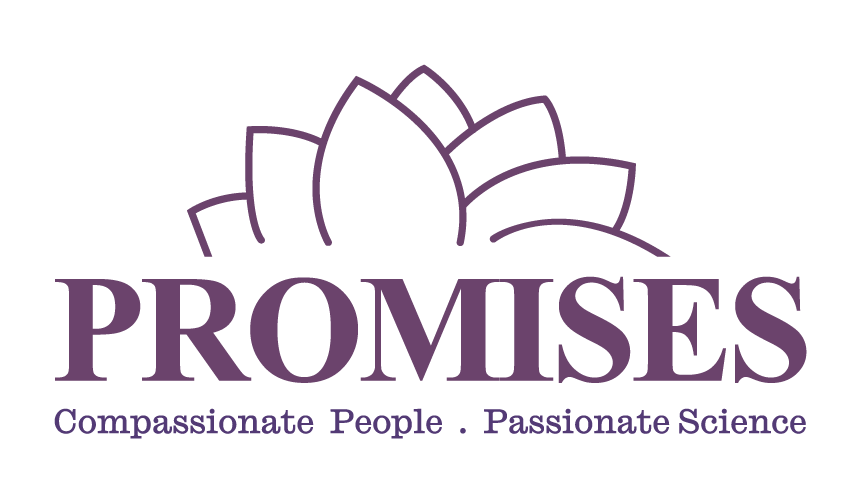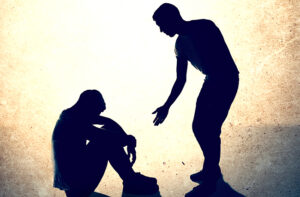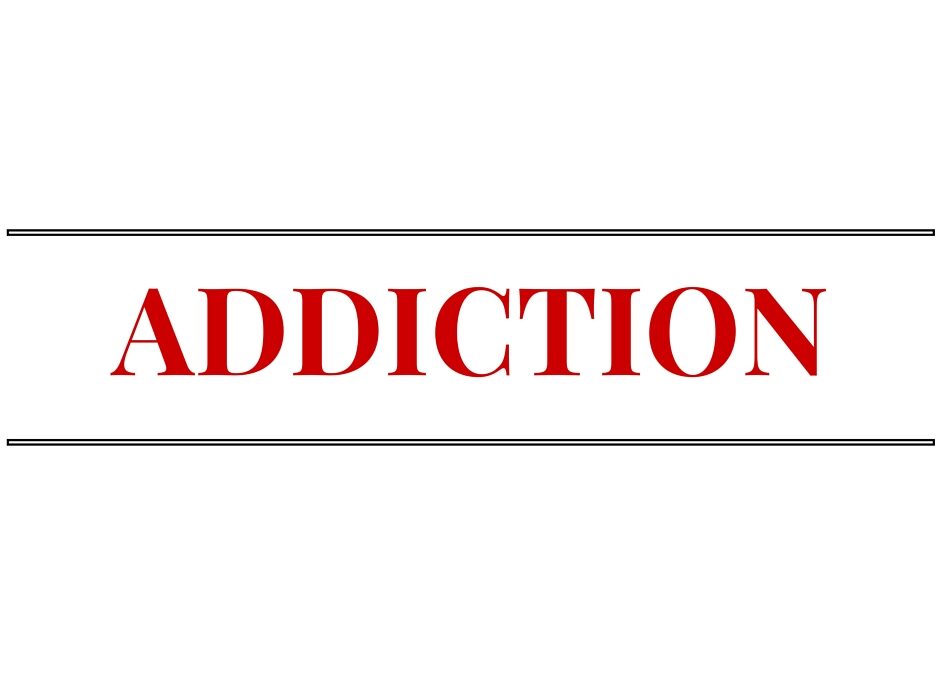All compulsions, whether to substances or behaviors are usually characterized and observed to have 3 distinct elements for it to be classified as an
addiction.
- There is preoccupation or obsession: The individuals spend a large amount of time thinking and planning towards acting out their behavior or to obtain substances. There is also an increased amount of finances used to continue the addiction.
- There is a loss of control: This usually means that the behavior has become compulsive in its nature. The individual is unable to stop and would have tried unsuccessfully to stop many times. The individual’s life begins to deteriorate but he or she may not admit to themselves and to others that their life has become unmanageable.
- There is a continuation of the use of substance or the performance of a behavior that results in negative consequences: This is where individuals tend to incur many losses from their addiction. Finances dry up, relationships become broken. There may be loss of work and emotional or physical difficulties begin taking over the individual’s life as the addiction grips a tighten on them.
Once these are observed, a person may be suffering from an addictive disorder. In addition to the above 3, another feature called tolerance tends to be present as well in addictive disorders. Tolerance basically means needing more of a substance or performance of a behavior to achieve the effect of a “high” in the brain.
As with individuals with a drug addiction they would need an increased amount of the drug to achieve the effect of the high as they become tolerant of the drug. The same is with a gambling disorder where greater risk or bets need to be played and the amount of time spent is much more longer as compared to when they first started gambling. With pornographic addiction, more explicit and arousing images are needed to maintain the fantasy. While the tolerance sets in, the experience of withdrawal begins if the substance or behavior isn’t engaged in. For an alcoholic, tremors may begin when the drinking stops. Irritability and loss of sleep starts taking over as the drug is not present. Thus the need to use over and over again. The chasing of a “high” and the cravings becomes all-consuming and the individual becomes wrapped in a cycle of self-destruction.
The individual’s family and friends would start noticing problems and will often confront the addicted individual. The person may become outright angry and irritated, or defensive if the addiction has been kept a secret. Many family and friends become helpless as they see their loved ones deteriorate.
If you know of anyone or if you might be having difficulties with addiction, do know that help is available. Seek an addictions counsellor or psychiatrist who can help you through treatment for your addiction. You are not alone and don’t need to live in isolation but live the life that you want and be free from the bondage of addiction. Recovery is possible. Contact us for a confidential enquiry today. To understand what causes addiction look out for the next article.
Written by: Jesudas Soundhraj – Counsellor, Promise Healthcare



